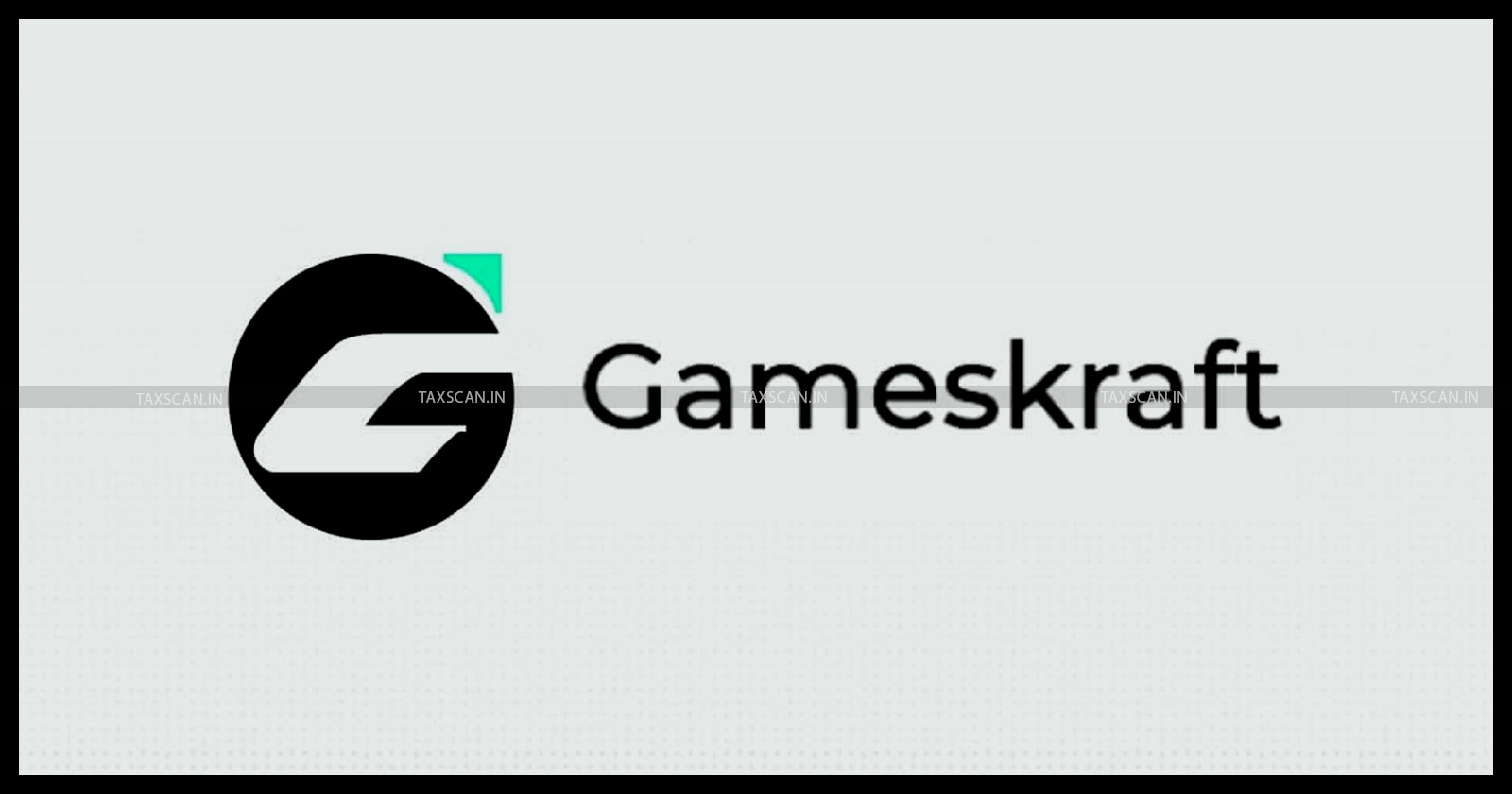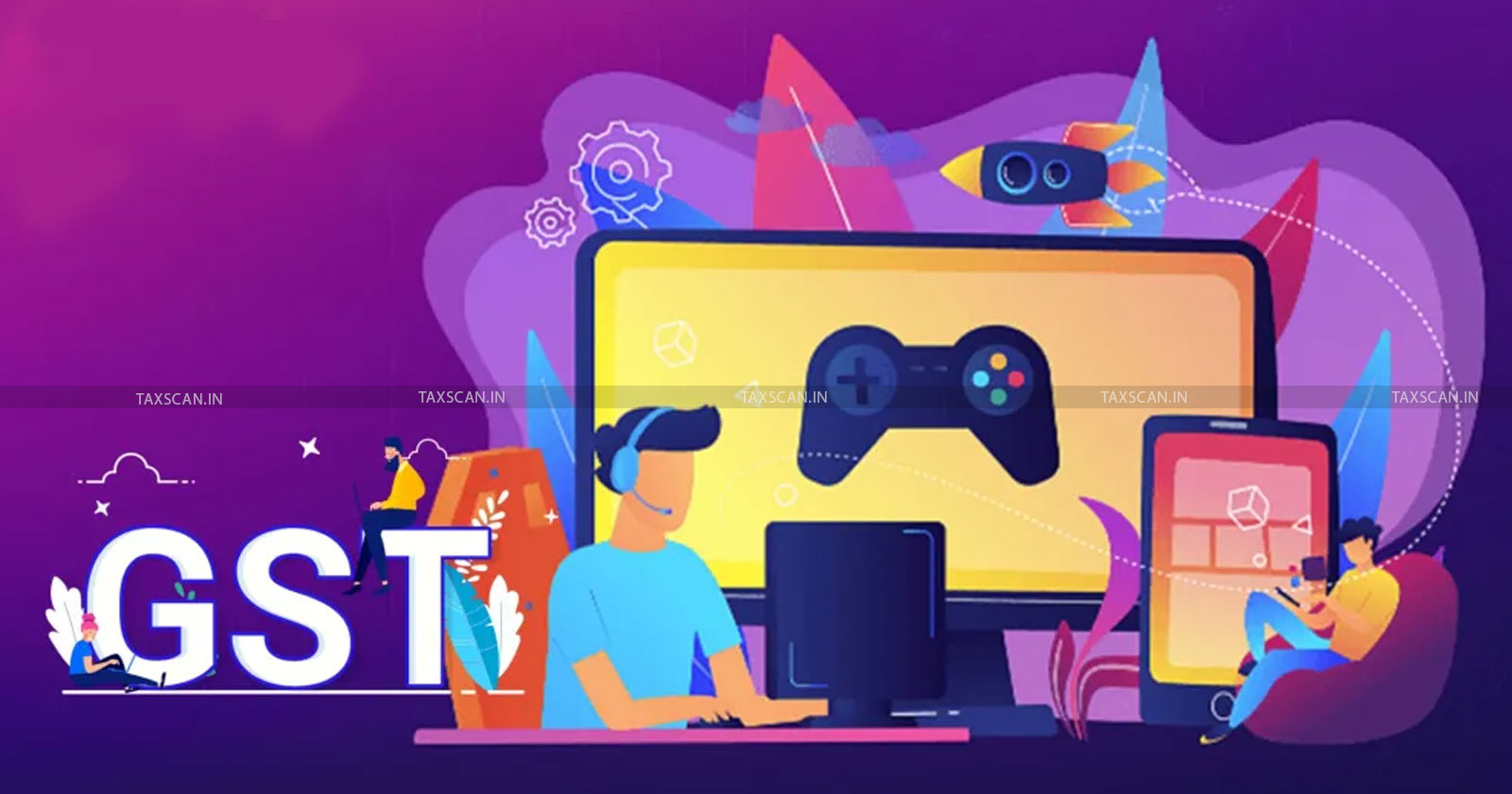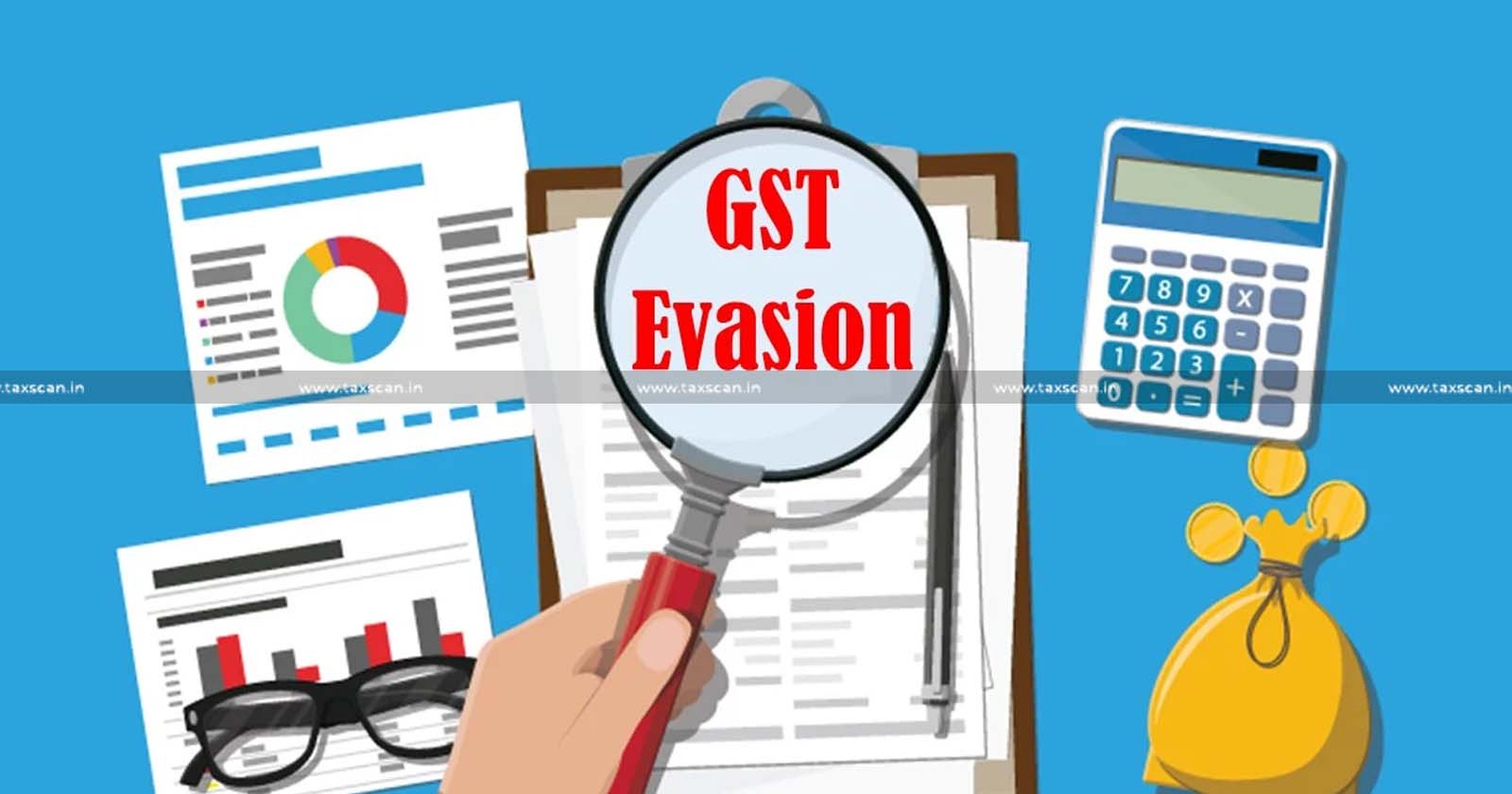GST Liability on Online Gaming Under Spotlight as Supreme Court hears Gameskraft's ₹21,000Cr GST Demand Case Today [Read Judgement]
The Supreme Court hearing today in Gameskraft’s ₹21,000 crore GST case may shape the fate of online gaming taxes, state powers, and retrospective levies in India
![GST Liability on Online Gaming Under Spotlight as Supreme Court hears Gameskrafts ₹21,000Cr GST Demand Case Today [Read Judgement] GST Liability on Online Gaming Under Spotlight as Supreme Court hears Gameskrafts ₹21,000Cr GST Demand Case Today [Read Judgement]](https://images.taxscan.in/h-upload/2025/08/04/2073019-gst-liability-gst-demand-gst-demand-case-taxscan.webp)
The Supreme Court of India is to resume hearings in a case that has risen from a single tax notice into one of the most consequential legal battles for not just one company, but the entire online gaming industry in India’s digital economy.
 Also Read:Supreme Court to Hear SLP against Gameskraft Challenging Karnataka HC decision on July 15, Alongside Transferred Cases [Read Judgement]
Also Read:Supreme Court to Hear SLP against Gameskraft Challenging Karnataka HC decision on July 15, Alongside Transferred Cases [Read Judgement]
At the heart of the storm is Gameskraft Technologies Pvt. Ltd., which is a Bengaluru based gaming company that in 2022 was slapped with a ₹21,000 crore Goods and Services Tax (GST) demand by the Directorate General of GST Intelligence (DGGI). However, today the dispute is far larger than just one company.
The courtroom, presided over by Justices J.B. Pardiwala and R. Mahadevan, is now the venue for a consolidated batch of more than 70 petitions involving not only online gaming platforms but also casinos, horse racing entities, lottery operators and state governments. All are bound together by a single core question: Should 28% GST apply to the entire face value of bets or just to the platform’s commission?
At the outset, the bench considered a petition challenging Rule 31A(2), which deals with GST on lotteries. Since the petitioner also raised issues about Rule 31B’s exclusion of online lotteries, the Court directed the Union of India to file a counter affidavit and scheduled this issue for a separate hearing in September 2025.
The case arose from a constitutional challenge brought by the State of Karnataka, which is appealing a 2022 Karnataka High Court judgment that struck down parts of the Karnataka Police (Amendment) Act, 2021. That law had attempted to ban all online games played for stakes, including games of skill like rummy and fantasy sports.
The Karnataka’s Additional Advocate General argued that the State has full legislative power under Entry 34 of the State List, which permits regulation of “betting and gambling.” He claimed this power shouldn’t be confined only to games of chance. Even games of skill, when repeatedly played for money and risk becoming addictive, commercialised, and uncertain, need to be state regulated.
According to the State, it was not classifying any specific game as gambling, but challenging the High Court’s exclusion of skill games from State legislative power. This argument spreads with multiple states that wish to impose their regulatory frameworks on the rapidly growing real-money gaming sector.
 Also Read:Final Hearing on GST on Online Money Gaming Soon: Supreme Court Issues Notice in E-Gaming Federation Writ Petition [Read Judgement]
Also Read:Final Hearing on GST on Online Money Gaming Soon: Supreme Court Issues Notice in E-Gaming Federation Writ Petition [Read Judgement]
The Supreme Court has already clubbed petitions from 27 major online gaming companies, including Gameskraft, Dream11, MPL, A23, PokerBaazi, and Junglee Rummy, along with industry associations such as the All India Gaming Federation (AIGF), E-Gaming Federation (EGF), and Federation of Indian Fantasy Sports (FIFS).
The Centre clarified that real money online gaming would attract 28% GST and be treated as gambling with the August 2023 amendment to the CGST Act. The GST Council recommended that this rate would apply prospectively, but tax authorities have issued retrospective notices, demanding tax on the face value of stakes from earlier years, leading to a collective exposure of over ₹1.3 lakh crore.
The petitioners argue that until 2022, gaming companies were paying 18% GST on platform fees, as per accepted practice and even GST audits. The sudden shift and retrospective tax application would be both legally unsound and economically harmful.
The Supreme Court is expected to continue final arguments today, with prominent advocates such as Dr. Abhishek Manu Singhvi, Harish Salve, Mukul Rohatgi, and Arvind Datar likely to present their concluding submissions. Kapil Sibal is representing Tamil Nadu, while ASG N. Venkatraman is appearing for the Centre and GST authorities.
Today’s hearing may also see responses to Karnataka’s constitutional challenge, and depending on how far the bench progresses, arguments from the State of Tamil Nadu. Tamil Nadu is also challenging High Court judgments that struck down its ban on online games for stakes.
Earlier, the Court had indicated it would conclude hearings by July 25, but given the scale and complexity of issues, that deadline has shifted.
 Also Read:Supreme Court's Gameskraft Decision likely to Trigger Show-Cause Notices to 40 Online Gaming Companies Over GST Evasion Allegations
Also Read:Supreme Court's Gameskraft Decision likely to Trigger Show-Cause Notices to 40 Online Gaming Companies Over GST Evasion Allegations
Once final arguments are concluded, the Supreme Court is expected to reserve judgment. The ruling will decide whether Rule 31A is constitutionally valid, whether retrospective GST demands are enforceable, and what ultimately counts as “gambling” or “skill-based” gaming under Indian tax law and today’s proceedings will inch us closer to one of the most significant judicial decisions in India's digital-gaming-tax history.
Support our journalism by subscribing to Taxscan premium. Follow us on Telegram for quick updates


